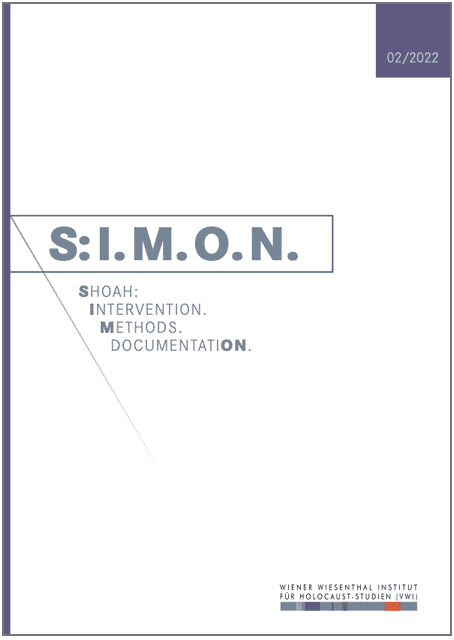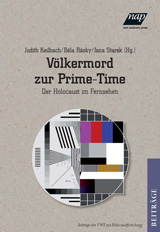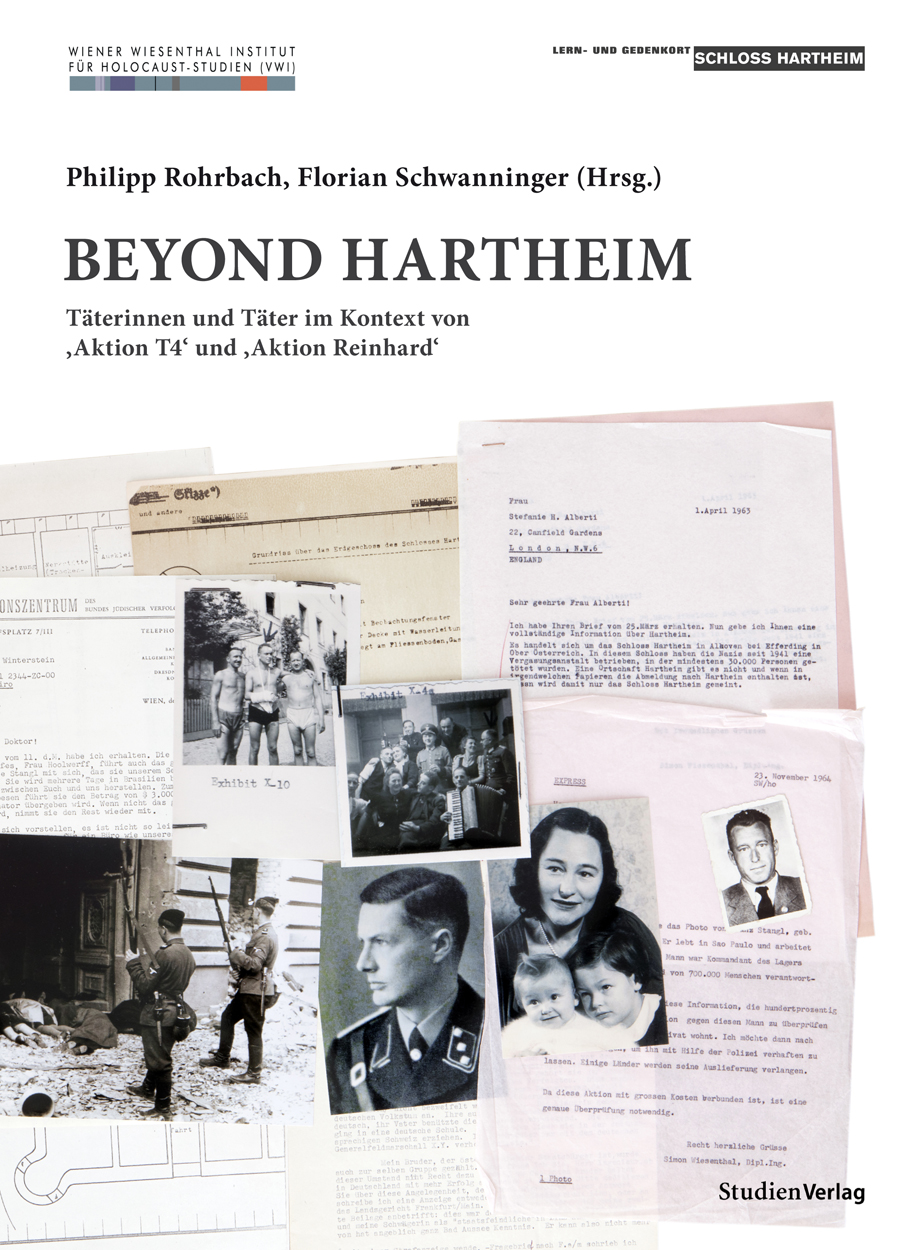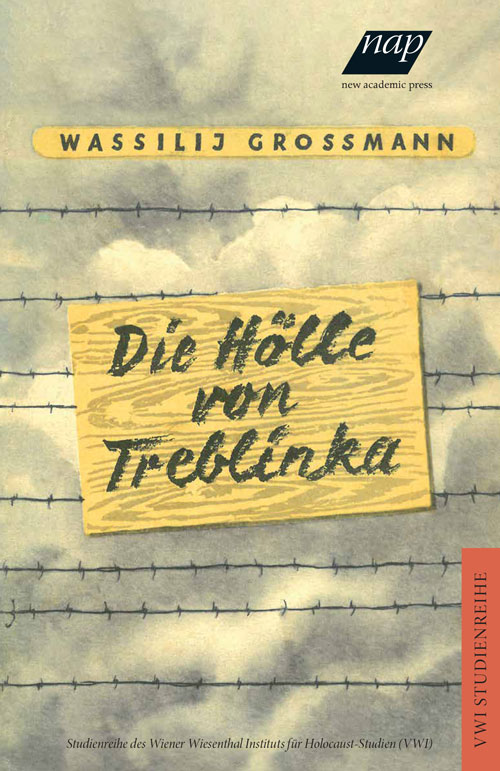The Life of Simon Wiesenthal
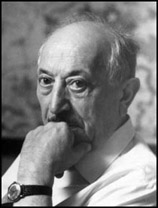 Simon Wiesenthal fought tirelessly against indifference toward the crimes of National Socialism and against the failure to call its perpetrators to account. From the day of his liberation from the Mauthausen concentration camp on, he made it his life’s task to find Nazi perpetrators and to bring them to justice. His creed in this battle was “Justice, not Revenge”, as became the title of one of his many books.
Simon Wiesenthal fought tirelessly against indifference toward the crimes of National Socialism and against the failure to call its perpetrators to account. From the day of his liberation from the Mauthausen concentration camp on, he made it his life’s task to find Nazi perpetrators and to bring them to justice. His creed in this battle was “Justice, not Revenge”, as became the title of one of his many books.
He was born on 31 December 1908 in Buchach (Ukrainian: Бучач, Polish: Buczacz), in the former Habsburg Austrian crownland of Galicia, and studied architecture at the Technical University in Prague after being denied admission to the University of Lviv (Polish: Lwów, German: Lemberg), then a part of Poland, due to the antisemitic numerus clausus laws. Having completed his studies in 1932, he returned to Galicia, married his childhood sweetheart Cyla in 1936, and established an architectural office. Lviv was annexed to the Soviet Union under the Hitler-Stalin Pact in 1939, and Wiesenthal’s office was nationalised. He was arrested in July 1941 after Nazi Germany invaded the Soviet Union. After several unsuccessful escape attempts, there followed a journey of suffering through several concentration camps. Weakened and emaciated, Simon Wiesenthal was freed from the Mauthausen concentration camp by the US military in May 1945. Cyla Wiesenthal had survived under a false name as a slave labourer in Germany. They met again in Linz, and their daughter Pauline was born one year later.
Having supported the US occupation forces in Linz in their search for former SS members, Wiesenthal founded the documentation centre “Jewish Historical Documentation Centre” (Zentrum für Jüdische Historische Dokumentation) in 1947. The centre collected witness statements and evidence on Nazi perpetrators and forwarded these to the responsible courts of law. After initial successes, the interest in the persecution of Nazi criminals waned with the onset of the Cold War, and Wiesenthal eventually had to dissolve the centre due to a lack of resources and support. Hundreds of files, tens of thousands of documents, and indexes of victims and perpetrators were then given to the memorial centre Yad Vashem in Jerusalem. In 1961, having moved to Vienna, Wiesenthal reignited the activities he had begun in Linz – first within the Jewish Community (Israelische Kultusgemeinde) in Zelinkagasse and then, following differences between the two, eventually at Rudolfsplatz. Finally, the “Documentation Centre of the Association of Jews Persecuted by the Nazi Regime” (Dokumentationszentrum des Bundes Jüdischer Verfolgter des Naziregimes) moved to Salztorgasse, on the site of the former Viennese Gestapo headquarters at the Morzinplatz.
From then on, Wiesenthal meticulously noted every available piece of information, followed up on every rumour concerning the location of the persons he was seeking, and corresponded with offices and private persons throughout the world on the possible whereabouts of Nazi criminals. It is thanks to his activities that so many could be found and brought to justice. They include among many others SS-Obersturmbannführer Adolf Eichmann, the main organiser of and thus one of those bearing central responsibility for the deportation and murder of the European Jews; the Viennese police officer Karl Silberbauer, who had arrested Anne Frank; Franz Stangl, the commandant of the Treblinka extermination camp; and Franz Murer, the “butcher of Vilnius”. Until this day, his archive shelves are laden with thousands of files that Wiesenthal had assembled on Nazi perpetrators. They include numerous files documenting Wiesenthal’s decade-long search for the concentration camp doctor Josef Mengele, as well as files and documents on the pursuit and location of Adolf Eichmann and the former Ravensbrück concentration camp guard Hermine Braunsteiner-Ryan.
In the climate of the 1960s, which was anything but open, obstacles were repeatedly placed in his way; he was often judged to be a troublemaker and malcontent, and as such he was denigrated and defamed. Time and again, Simon Wiesenthal criticised the lack of interest displayed by Austrian officials in the search for and legal prosecution of Nazi perpetrators. However, his statements and memoranda remained unheeded for a long time, while the public prosecution and police claimed to be overburdened. Investigations were delayed and there were often former Nazi party members among the investigating officers. Although he often faced opposition in public, Wiesenthal did not tire of ensuring that the genocide of Jews, Roma, and Sinti as well as other groups persecuted by the Nazis would not fail to be avenged: Many of the investigations against perpetrators, some of them prominent, would not have come to pass without his resolute engagement. His physical safety was also continuously under threat, and in 1982 he only narrowly escaped a bomb attack.
In 1975, there erupted a bitter, year-long conflict between Wiesenthal and Austrian Chancellor Bruno Kreisky. One of the conflict’s initial issues was the SS past of Friedrich Peter, the leader of the Austrian Freedom Party (FPÖ). During a press conference, Kreisky accused Wiesenthal of having collaborated with the Gestapo, without being able to produce any evidence for his claims. Although Wiesenthal retracted the suit against Kreisky, and the chancellor withdrew his accusations, the conflict smouldered on. Kreisky was found guilty of libel in 1990.
In 1986, a public dispute – the “Waldheim affair” – arose involving the World Jewish Congress (WJC) concerning the Austrian presidential candidate Kurt Waldheim’s membership in the SA and the false claims he had made regarding his activities in Greece during the Second World War. Wiesenthal, who valued Waldheim personally and politically and had initially and unquestioningly accepted Waldheim’s professed biography, adopted a differentiated, partly defensive stance toward Waldheim and demanded an international historical commission be installed. Such a commission was appointed by the Austrian federal government, which concluded that Waldheim was not personally guilty of war crimes, but was to be charged with having known of the deportation of Greek Jews and with concealing and whitewashing his wartime activities.
The Israeli historian Tom Segev published an extensive and sensitive biography of Simon Wiesenthal in 2010.
Simon Wiesenthal died in Vienna at the age of 96 on 20 September 2005, two years after the death of his wife. He was buried in Herzliya Pituah in Israel on 23 September 2005.






